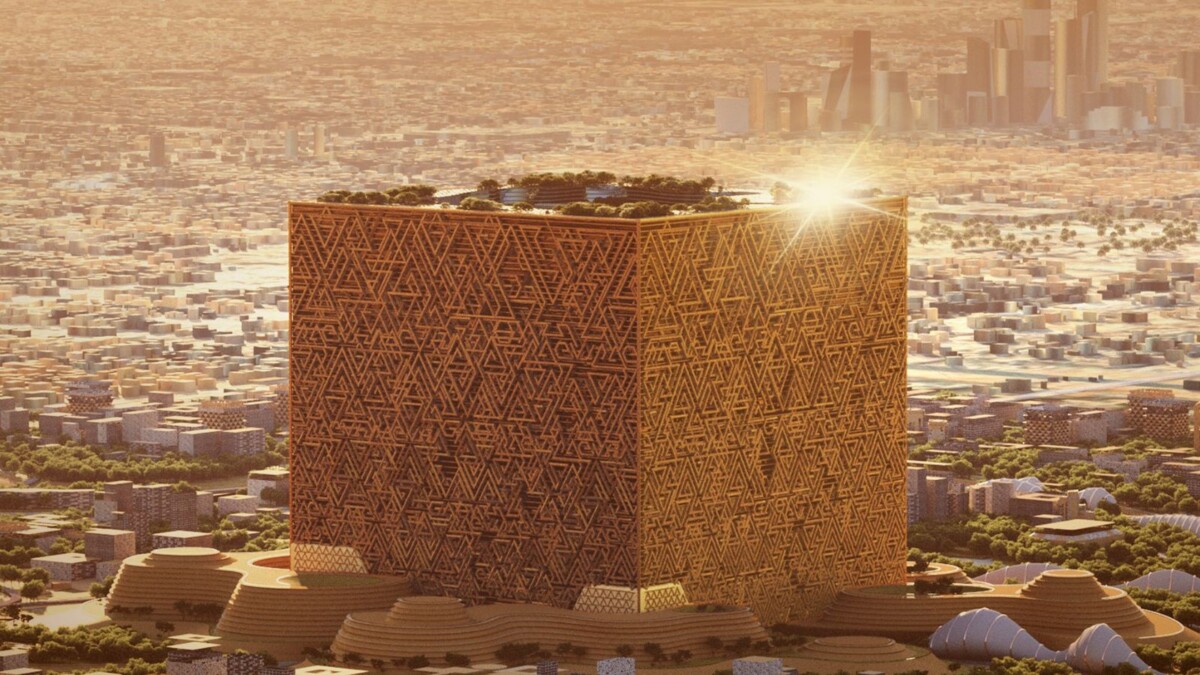As the world celebrates Theatre Day, it’s a fitting time to delve into the origins of this captivating art form. Theatre, with its rich history and cultural significance, has been an integral part of human expression since ancient times. To understand the essence of theatre, we must journey back to its very beginning.
The cradle of theatre lies in the ancient city of Athens, Greece. It was here, amidst the bustling streets and grandiose architecture, that the world’s first theatre emerged. The Theatre of Dionysus, nestled at the foot of the Acropolis, stands as a testament to the birth of dramatic performance.
Also Read: Unveiling the Sacred Legend of Mahakaleshwar Jyotirlinga
Birthplace of Ancient Greek Drama
Constructed in the 6th century BCE, the Theatre of Dionysus was dedicated to Dionysus, the Greek god of wine, fertility, and theatre. Initially, performances were part of religious festivals honoring Dionysus, known as the Dionysia. These festivals featured choral songs, dances, and eventually evolved into full-fledged theatrical productions.
Theatre in ancient Greece was a communal experience, deeply ingrained in the fabric of society. The plays performed at the Theatre of Dionysus were diverse, ranging from tragedies to comedies, exploring themes of love, loss, politics, and morality. Playwrights like Aeschylus, Sophocles, and Euripides showcased their masterpieces on this revered stage, captivating audiences with their gripping narratives and powerful performances.
Also Read: बिग बॉस विनर मुनव्वर फारूकी हुक्का बार रेड में पकड़े गए
Architectural Brilliance and Theatrical Innovation at the Theatre of Dionysus
The architecture of the Theatre of Dionysus was meticulously designed to enhance the theatrical experience. The amphitheater could accommodate thousands of spectators, with tiered seating offering unobstructed views of the stage. The semi-circular orchestra served as the performance space, while elaborate stone structures provided a backdrop for the actors.
The advent of theatre marked a significant shift in human expression, allowing individuals to explore complex emotions, confront societal issues, and reflect on the human condition. It served as a platform for dialogue, enlightenment, and catharsis, fostering a sense of community and shared humanity.
Also Read: दुनिया का सबसे मजबूत इंश्योरेंस ब्रांड बना एलआईसी
Honoring the Past and Embracing the Future
Over the centuries, theatre has transcended geographical boundaries and cultural differences, leaving an indelible mark on civilizations around the world. From the Elizabethan theaters of Shakespearean England to the Noh and Kabuki theatres of Japan, each culture has embraced theatre in its unique way, enriching the global tapestry of dramatic arts.
As we celebrate Theatre Day, let us pay homage to the Theatre of Dionysus and the countless stages that have graced our world. From humble beginnings to grand productions, theatre continues to inspire, educate, and entertain audiences, reminding us of the enduring power of storytelling and the transformative nature of the human spirit.











